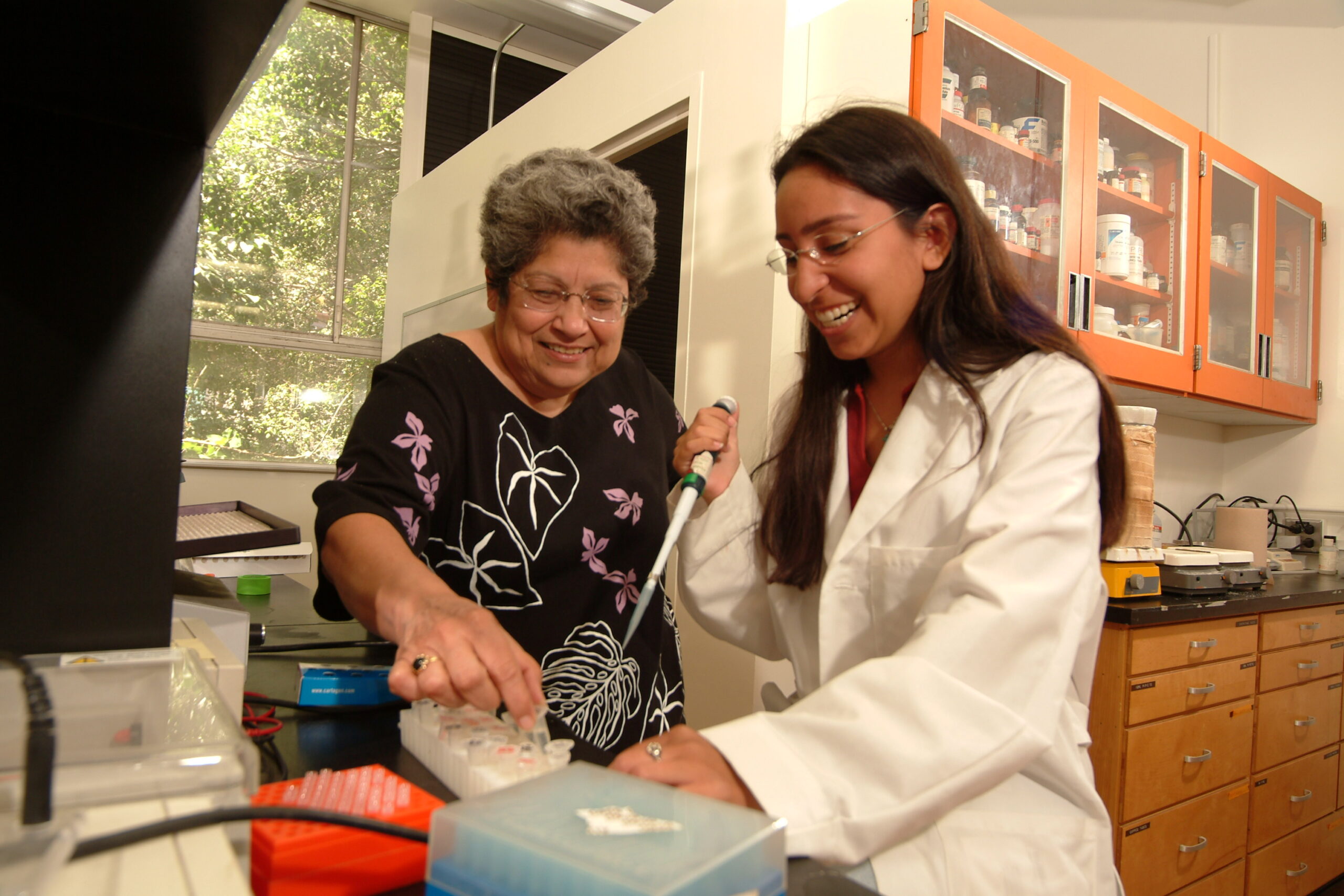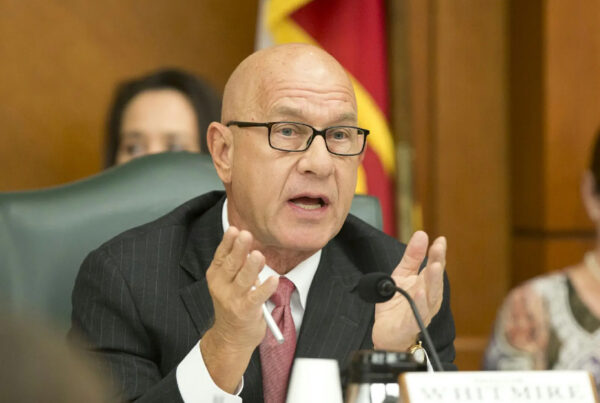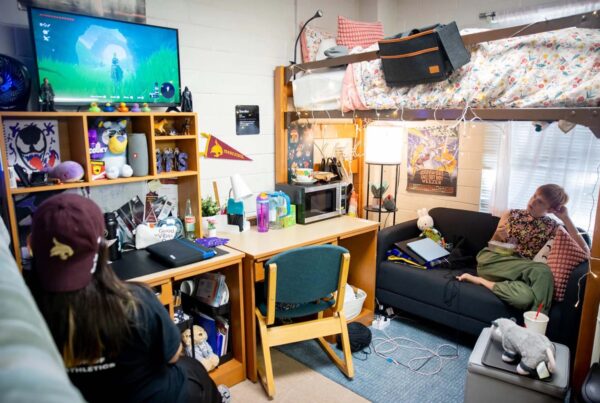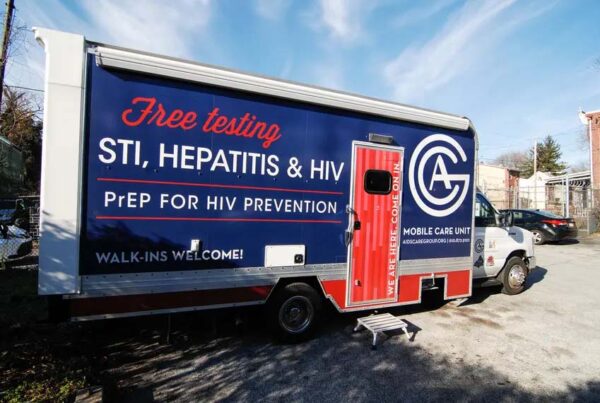This story is part of a Hispanic Heritage Month collaboration with Voces Oral History Center based at UT-Austin’s Moody School of Communication.
There’s been a push in recent decades to get more women to pursue careers in STEM (science, technology, engineering and math). Historically, women have been underrepresented in these often high-paying industries, and the difference is even more pronounced among women of color.
Elma González, a Latina scientist who grew up in South Texas, was one of the first to open doors for women like her.
Born in 1942 in northeast Mexico, González was the daughter of migrant farmworkers. She started picking crops like sugar beets and cotton in South Texas when she was 13. She often missed school, but still fell in love with science and math.
“I just enjoyed all of the mathematical and science courses that I took,” González said in a 2013 interview with the University of Oklahoma. “I took as many of them as I could, although there was just never any certainty that I was going to go to college.”
After graduating from high school in 1961, González went to Texas Woman’s University in Denton, the first in her family to attend college. By her junior year, González knew she no longer wanted to travel with her family to pick crops. She wanted to stay put.
“I rebelled against going to the fields … We were migrant workers and I just didn’t want to go and I wanted to stay and just have a job like a regular person,” González said. “And so my dad said, ‘yes, you can stay, but you have to have a job.’”
She landed a gig in a lab at Baylor Medical School in Houston. It pushed her to go to graduate school.
“It was a great experience,” González said. “I mean, I really learned about research. And the guy I worked with was a professor of pharmacology [and] wanted me to start graduate school there, not go back to TWU… But he put the grain of interest in there.”
González graduated from TWU in 1965 and worked as a research technician at the University of Texas Southwestern Medical School. Then, she went on to study biology and chemistry at Rutgers University. She earned her Ph.D. in 1972.
She then took a prestigious postdoc at UC Santa Cruz. A post doc helps new Ph.D. recipients get ready for the job market.
Also at UC Santa Cruz was another Mexican American – Raymond Rodriguez, a graduate student studying microbiology.
“I was there a couple of years before I noticed that there was this person up on the next floor above me,” Rodriguez said. “I would walk by – the lab door was always open. And I never got to see her face because she was always looking into the microscope. And that was Elma.”
González was one of the few Latina doctorate-holders in the country at the time. There were so few people of color in science education that in 1973, González co-founded the Society for the Advancement of Chicanos/Hispanics and Native Americans in Science (SACNAS).
In 1974, González became the only Mexican American woman faculty member at UCLA, and in the entire UC system. Rodriguez noted that just by being at UCLA, González paved the way for Mexican Americans.
“Her presence at UCLA was a major, major breakthrough,” Rodriguez said. “In her her role as instructor, she was showing me that all the women that were in there, ‘You can be like me.’”
In 2020, González created a research endowment at Texas Woman’s University. The fund supports undergraduate research and mentorship in the sciences. She is now retired and lives in Texas, but Rodriguez says her contributions live on.
“What she did was to open the door,” Rodriguez said. “And now there are many Latinas being hired. She was a pioneer. She’s the one that had to lay the groundwork for all the other Latinas – and Latinos, period – to follow.”















